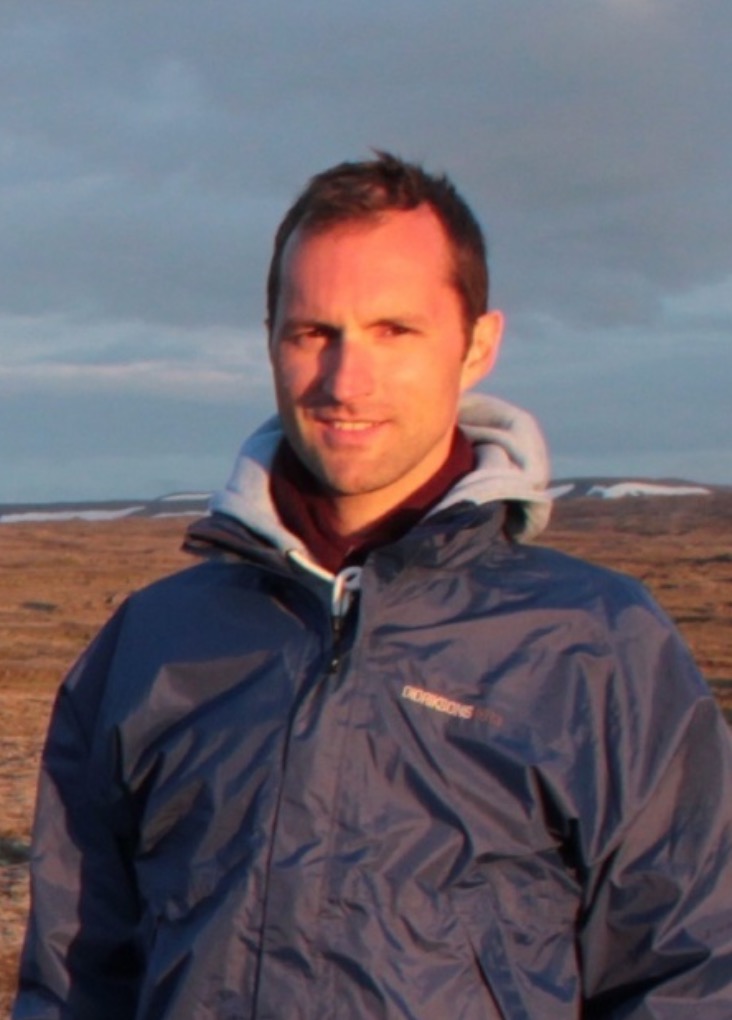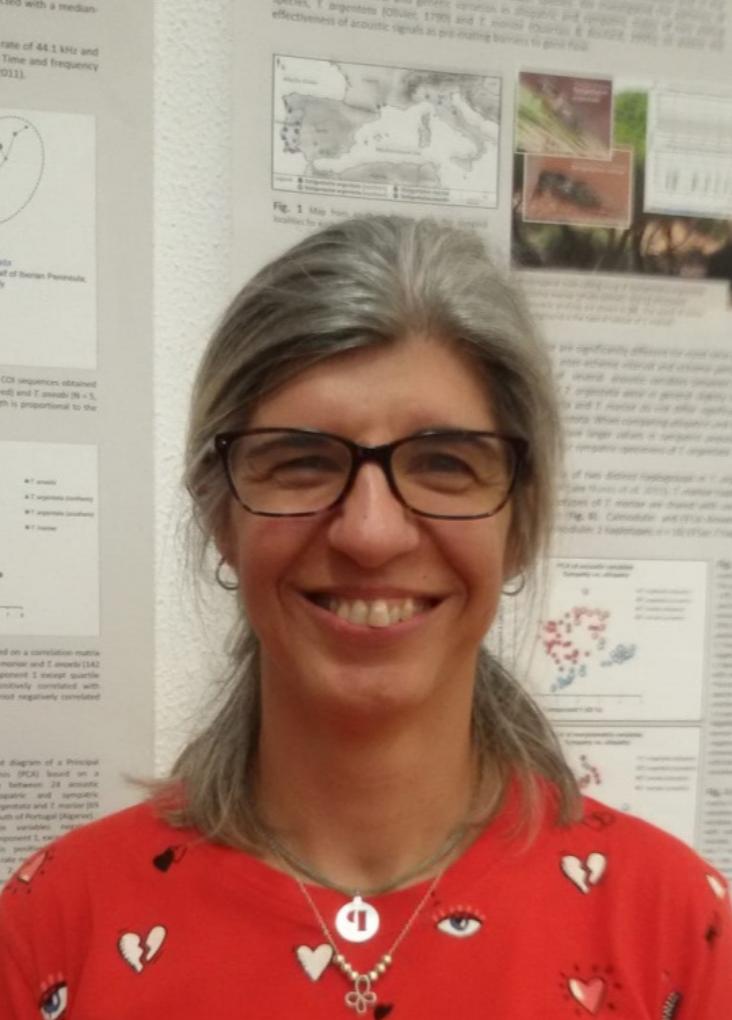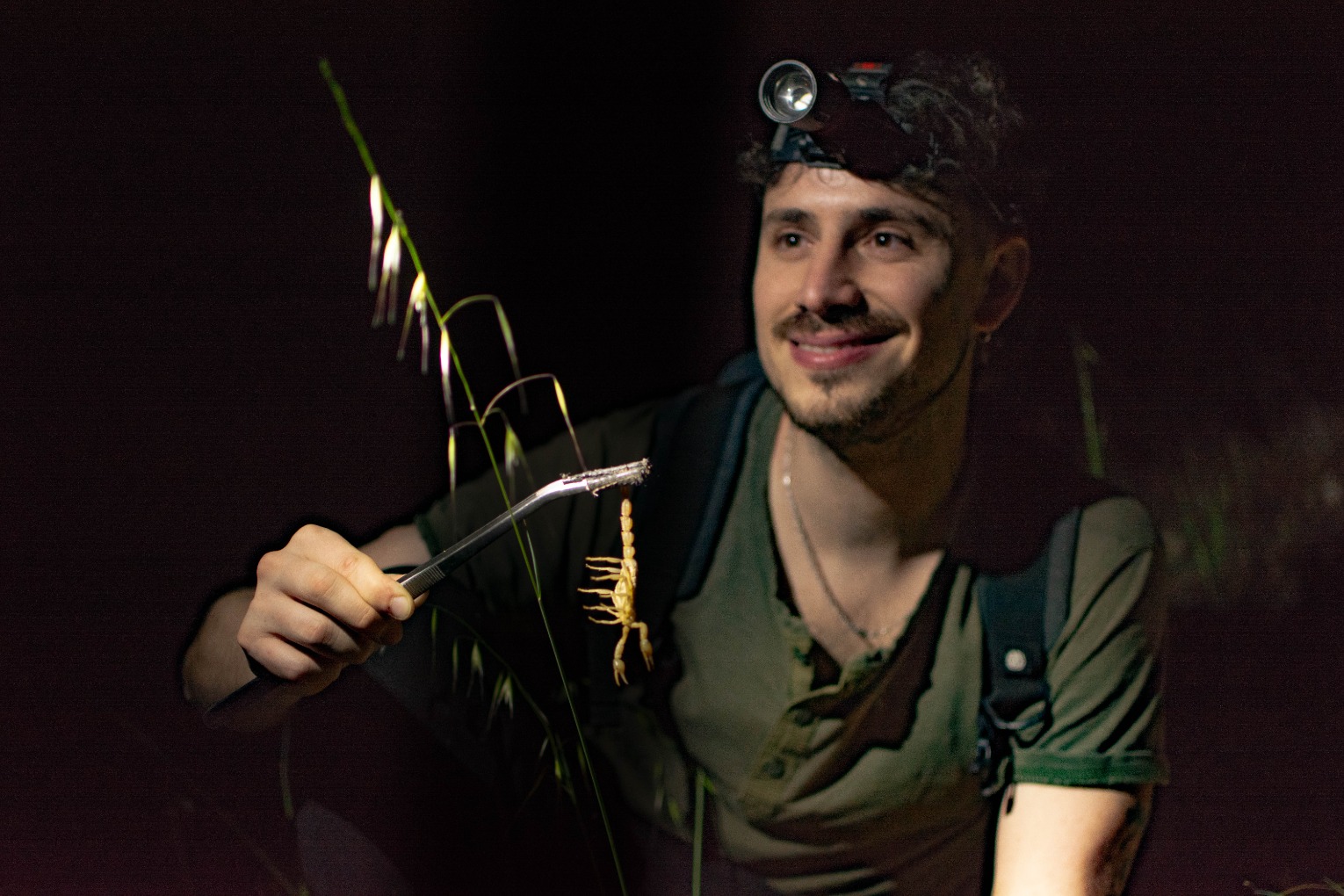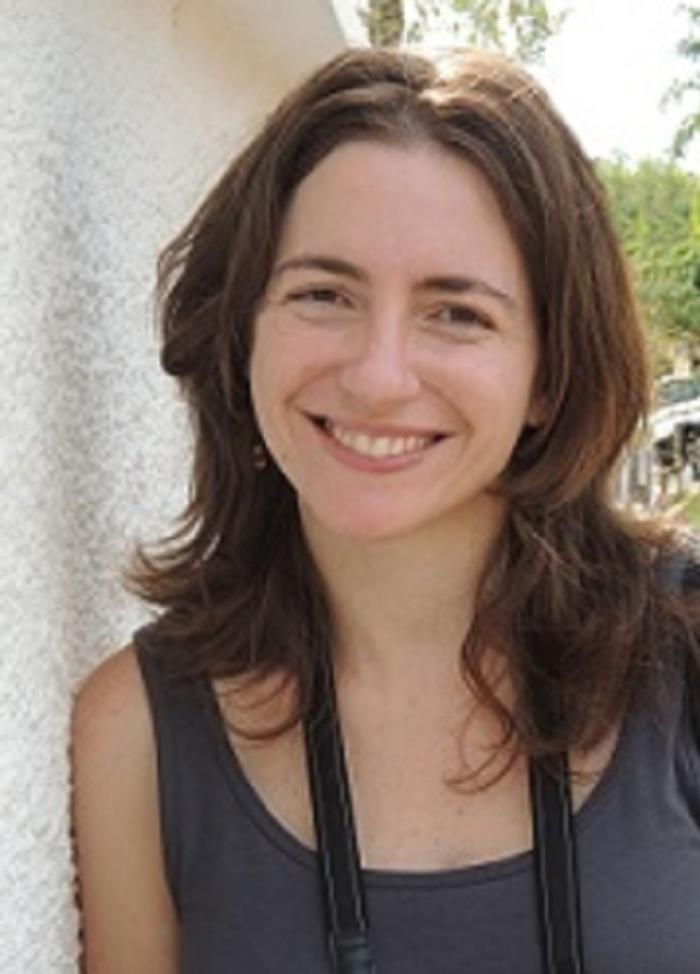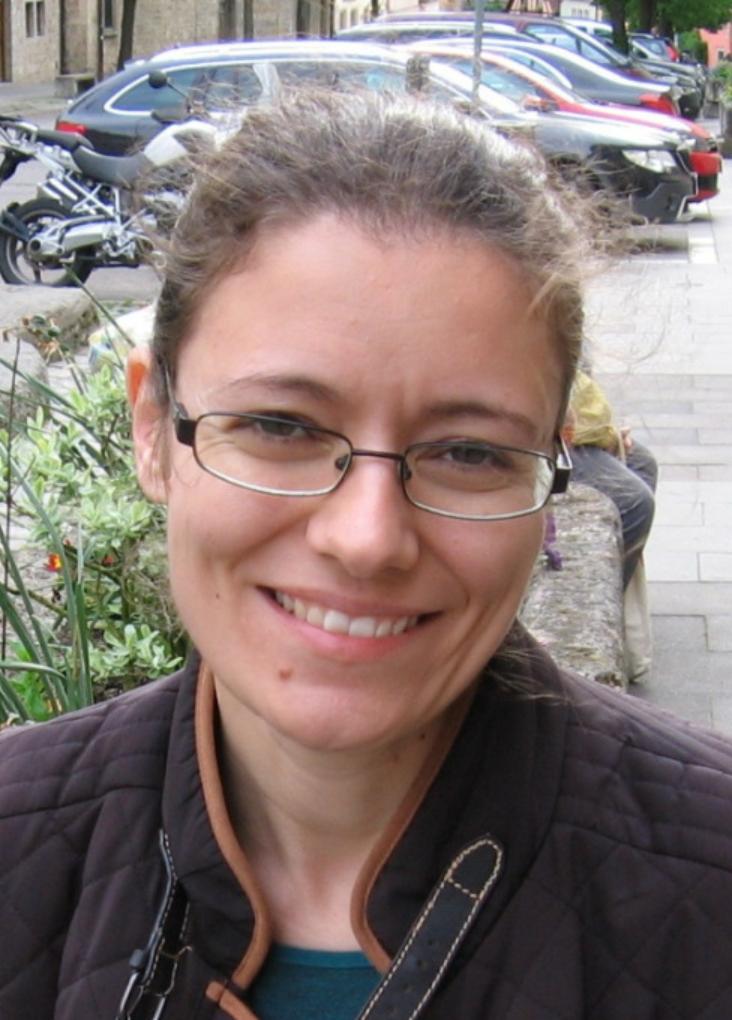Understanding the genetics and genomics response to environmental change and its consequences for biodiversity and its preservation is the overall aim of the Computational Biology and Populations Genomics (CoBiG2) group.
We investigate the genetic and genomic bases of evolutionary and ecological differentiation, adaptation and speciation in natural populations of non-model organisms.
We use phylogenetics, genetics, genomics and population genomics data to achieve these aims and develop and implement bioinformatics tools. This proved particularly relevant to forecasting impacts of environmental changes on natural populations, assessing the genetic biodiversity, and developing genetic conservation strategies.
We are part of the CE3C’s thematic line (TL) 2 (Evolutionary Perspectives in a Changing World), but also to the assessment of phylogenetic diversity in TL1 (Ecology and Conservation Across Scales), identification of resilient genotypes and adaptation to urban environments in TL4 (Towards Sustainable and Resilient Ecosystems).
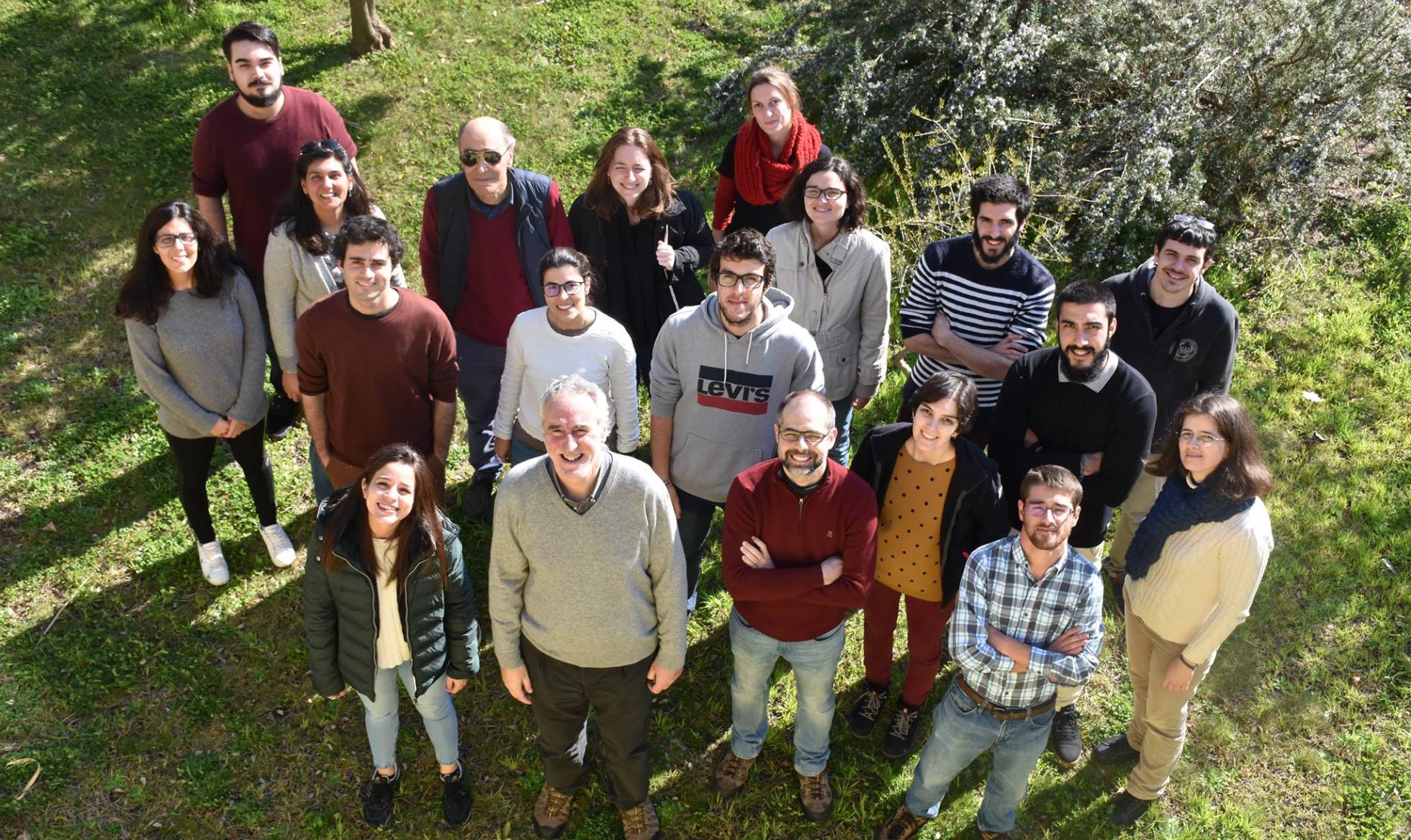
We have collaborations with other CE3C research groups, namely Island Biodiversity, Biogeography & Conservation, Natural History Collections & Systematics, Subterranean Ecology, Evolutionary Genomics and Bioinformatics, Plant-Soil Ecology, Restoration Ecology, System Ecology, Urban Ecology, including joint publications and joint projects.
CoBiG2 participates in international networks (e.g. Global Urban Evolution and the European Reference Genome Atlas (ERGA) initiative) and international projects (e.g. Forest4EU and RESICLIM). We publish with other national (LEAF-ULisboa, CEF-ULisboa, MARE-ULisboa, CENSE-NOVA University of Lisbon, INIAV) and international (Michigan Univ., Mohamed V Univ., Ghent Univ., Mons Univ., Federal Univ. of Goiás) groups. We co-coordinate the MSc programme for Bioinformatics and Computational Biology, and the PhD programme Biology and Ecology of Environmental Changes (BEAG).

![/uploads/subcanais2/banners-novo-site-ce3c-28[1].png /uploads/subcanais2/banners-novo-site-ce3c-28[1].png](/uploads/subcanais2/banners-novo-site-ce3c-28[1].png)

